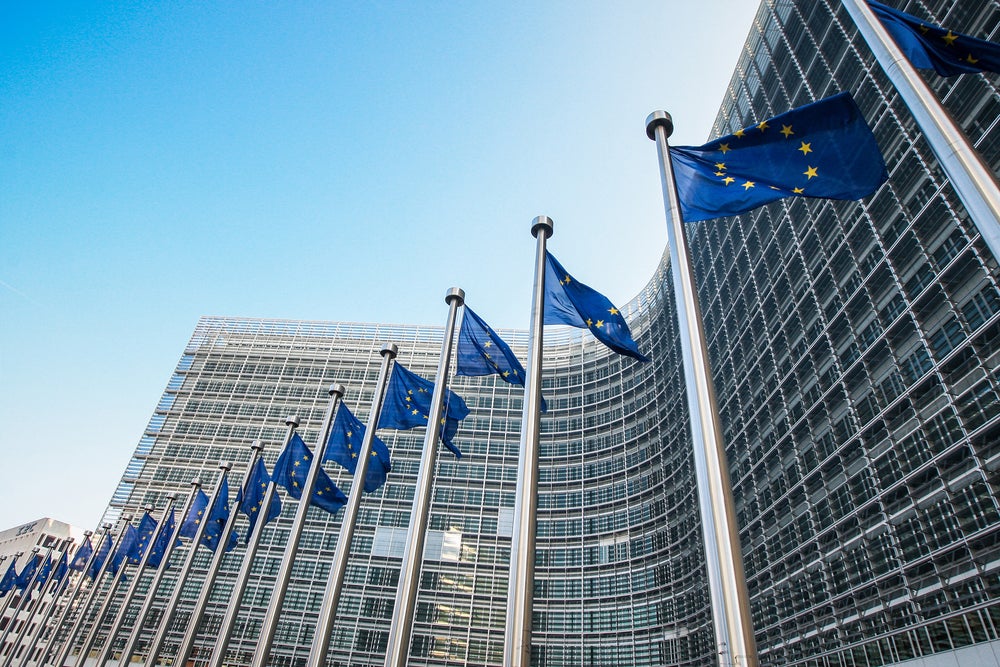
The EU on Tuesday agreed binding targets for airlines in Europe to increase uptake of sustainable aviation fuels (SAF).
Negotiators from EU member states and the European Parliament struck a deal in an attempt to meet net-zero goals. Politicians hope the deal will increase both supply and demand of SAFs, Reuters reports.
According to the European Union Aviation Safety Agency (EASA), the rules set out obligations on fuel suppliers and airlines to scale up their uptake of SAFs.
The measures will apply to all aircraft leaving EU airports, whether the airline itself comes from the EU or not. The deal issues a starting target of 2% SAF in aviation by 2025. This increases to 5% by 2030, 20% by 2035, 32% by 2040, and 38% by 2045. In order to meet the EU’s climate objectives, which include a net zero by 2050 target across the bloc, SAF must comprise at least 63% of all aviation fuel used for flights departing from EU airports.
The regulations consider advanced biofuels and fuels produced from feedstock as SAFs. Portions of each of these targets will come from synthetic fuels, or e-fuels, which come from renewable power sources, such as green hydrogen. The deal says that by 2050, synthetic fuels should make up a minimum of 28% of SAFs.
Synthetic fuels form a key component in efforts to decarbonise the aviation industry, a notoriously complicated task. The EU plans to give $2.2bn (€2bn) in funding to airlines via its carbon market to help them switch to SAFs, according to Reuters.

US Tariffs are shifting - will you react or anticipate?
Don’t let policy changes catch you off guard. Stay proactive with real-time data and expert analysis.
By GlobalDataBiofuels will only count towards the proposed targets if they comply with EU biomass sustainability criteria. This principally mandates for renewables production and sourcing of the fuels. Recent controversial changes to definitions of “green hydrogen”, proposed by the EU in February, now include hydrogen produced with nuclear power as “green”. This holds significance for countries like France, which derives much of its electrical power from its nuclear plants.



